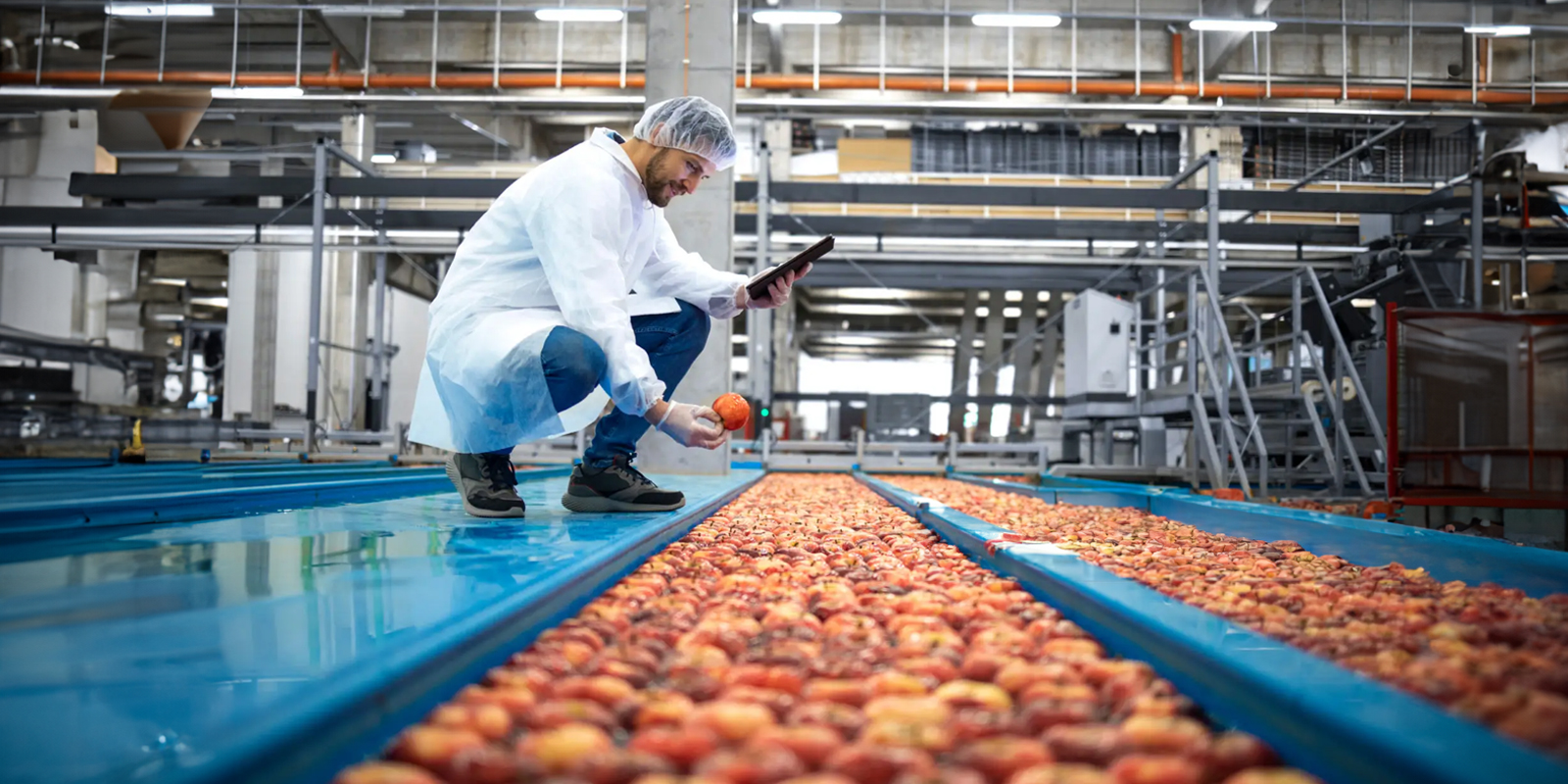We’ve seen cases of oil adulteration in the past, where groundnut oils contained unreported smaller amounts of cheaper oils like soybean oil. Adulteration detection is critical in modern times, which is why precise analytical techniques have been created and a lot more research is being done to improve detection efficiency.
Long-term storage of fat and oil-containing foods makes them more sensitive to auto-oxidation, which results in unattractive colour and flavour by-products. Free Fatty Acids are one of the most critical elements impacting the quality and value of oils (FFA). These are prone to oxidation, resulting in rancidity. Hydrolytic rancidity can occur when meals containing oils and fats are cooked at extremely high temperatures. The texture and consistency of food products are determined by the congeal points, viscosity, cloud point, melting point, and other properties of fats and oils. Chemical factors such as iodine value, saponification value, peroxide value, and others impact the stability of oils during storage and cooking.
Regarding the safety of refined oils, the FSSAI’s Scientific Panel on Oils and Fats concluded that refined oils are completely safe to use as cooking oil, and that refining minimises the risk of aflatoxin poisoning. When high levels of TPC (Total Polar Compounds) are consumed over an extended period of time, they can induce hypertension, Alzheimer’s disease, and liver problems, among other things. TPC must be kept within a 25% limit, according to FSSAI standards.
As a result, food quality testing is critical for guaranteeing the safety and quality of food products containing oils and fats. The ability to assess the degree of deterioration in cooking oil throughout storage and cooking aids in the preservation of finished product quality.
Recent events have highlighted the importance of food safety, prompting the Food Safety and Standards Authority of India (FSSAI) to tighten its regulations and standards for oil and fat testing. To improve product quality, the FSSAI Act made food testing, shelf-life analysis, nutritional labelling, and sensory evaluation mandatory.
FSSAI has accredited FARE Labs as a National Reference Laboratory (NRL) in the field of oils and fats. Its testing reports are regarded as equivalent to those of the FSSAI. We’ve worked on various R&D projects with significant brands like Cargill, Adani, ADM Agro, Bunge, Conagra, Louis Drefus, Ruchi Soya, Mother Dairy, and others to assist them introduce new technologies and improve their goods. We offer a variety of tests in the field of oils and fats, and our leaders are recognised as competent specialists in the field. As a result, we are one of the best laboratories in the industry for all of your needs, regardless of where your firm is in the supply chain



